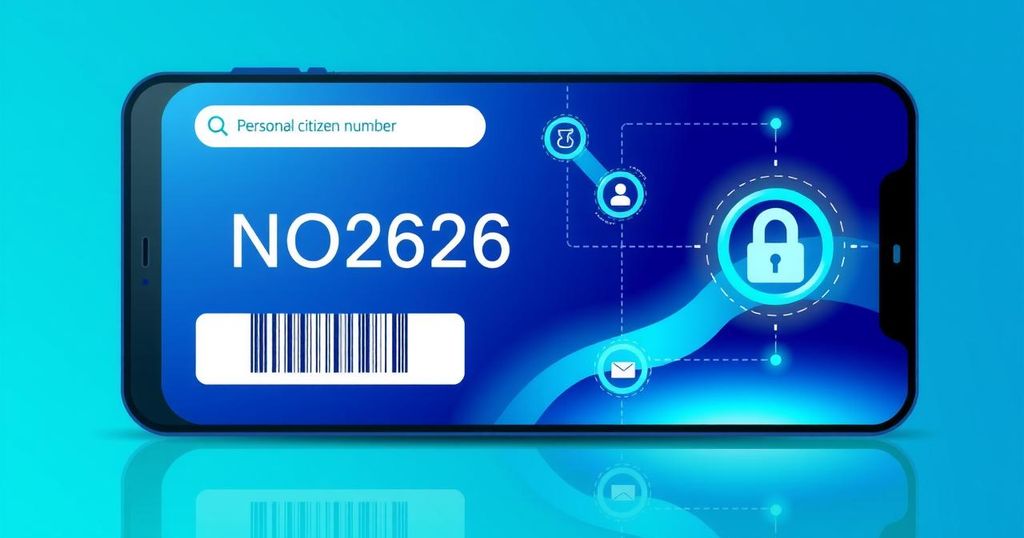Sam Altman’s World, previously Worldcoin, faces significant criticism over its biometric ID model that relies on iris scans, which critics say undermines decentralization, privacy, and could lead to digital exclusion. The project asserts it offers user control but is still grappling with accusations of centralization and concerns about potential misuse in authoritarian regimes.
In recent months, World, the brainchild of Sam Altman, has ignited controversy within the crypto community. Formerly known as Worldcoin, this initiative aims to ensure human uniqueness through iris scans and distribute its WLD token as a means of financial inclusion. Yet, critics raise alarms about its biometric processes, arguing they infringe on privacy rights and don’t align with decentralized principles.
Critics argue that any biometric identity system falls short of true decentralization if it relies on proprietary hardware and control over data. Shady El Damaty, co-founder of Holonym Foundation, weighed in, stating, “Decentralization isn’t just a technical architecture,” but rather a philosophy focused on user control. He firmly positioned World’s model against this philosophy, stating the project risks a single point of failure in service of its aim to identify individuals uniquely.
In response, a spokesperson for World countered that they do not utilize centralized biometric infrastructure. They emphasized that the World App remains non-custodial, supposedly allowing users to maintain control over their digital assets and IDs. They also outlined their procedure, where the iris photo is encrypted and deleted after being transmitted to the user’s phone.
Amid these claims, Evin McMullen, co-founder of Privado ID, pointed out that World’s biometric model is not wholly against decentralization. However, he flagged potential challenges regarding data centralization and trust. Many parallels have been drawn between World’s practices and those of companies like OpenAI, who have faced allegations regarding user data acquisition.
As the world progresses towards more biometric systems, the implications of projects like World cannot be ignored. Many believe these may deepen socio-economic divides and lead to digital exclusion. Critics argue against centralized control over ID systems, while supporters push for the assumed benefits of inclusivity. The ongoing debate reflects broader concerns over privacy, governance, and the balance between security and individual rights.
Original Source: cointelegraph.com






